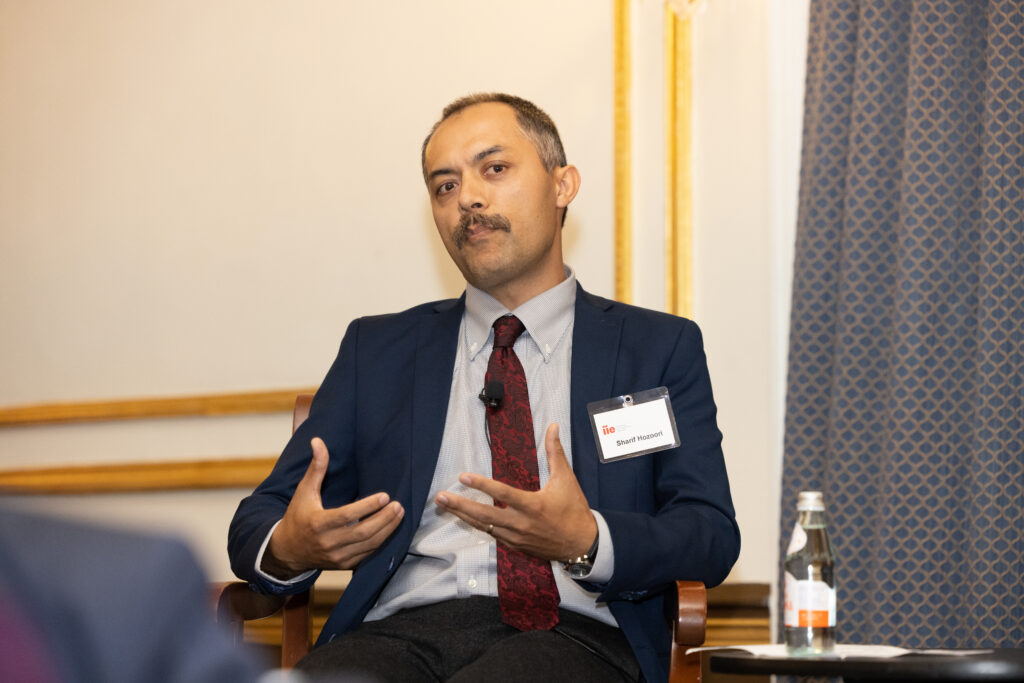Dr. Sharif Hozoori was forced to flee after the Taliban promised to “clear” universities of people dedicated to international education.
Three years ago, Dr. Sharif Hozoori was living in Kabul with a growing family and fulfilling career as a vice chancellor at Afghanistan University. But on August 15, 2021, the city he called home had been captured by the Taliban. Academic freedom was one of the first things to go. “There was a statement by the Ministry of Higher Education of the Taliban that said, ‘We will not allow people who believe in liberalism and democracy to stay in the university and teach the next generation of this country,’” he recalls. In addition, women were forbidden from pursuing higher education in the country, even if they had already begun their studies.
Dr. Hozoori is among the 10.9 million of estimated Afghans who’ve fled home for safety—and the freedom to continue pursuing their dreams. Academics, women, ethnic minorities, and those with connections to the West are particularly vulnerable in Afghanistan.
Realizing he would be jailed or even executed for his work, Dr. Hozoori applied for a fellowship with the IIE Scholar Rescue Fund (IIE-SRF). Later that month, IIE-SRF awarded Dr. Hozoori a fellowship , assisting with his placement as a visiting scholar at Cornell University’s South Asia Program. Since the fall of Kabul in 2021, the Scholar Rescue Fund has issued fellowships to more than 100 scholars from Afghanistan.
IIE-SRF, they have not saved the individuals, they have saved the knowledge, the freedom of expression. … I think they saved the future.”
Dr. Sharif Hoozori
At Cornell University, Dr. Hozoori can freely continue his research on Afghanistan politics and foreign policy, identity politics, and cultural studies. He is a familiar face on campus, at panel discussions as an expert, and in Ithaca’s local Afghan community. We commemorate the three years since the fall of Afghanistan’s democratic government by sharing Dr. Hozoori’s story.
Since 2002, the IIE Scholar Rescue Fund has supported more than 1,000 scholars from 60+ countries facing threats to their lives and work.
